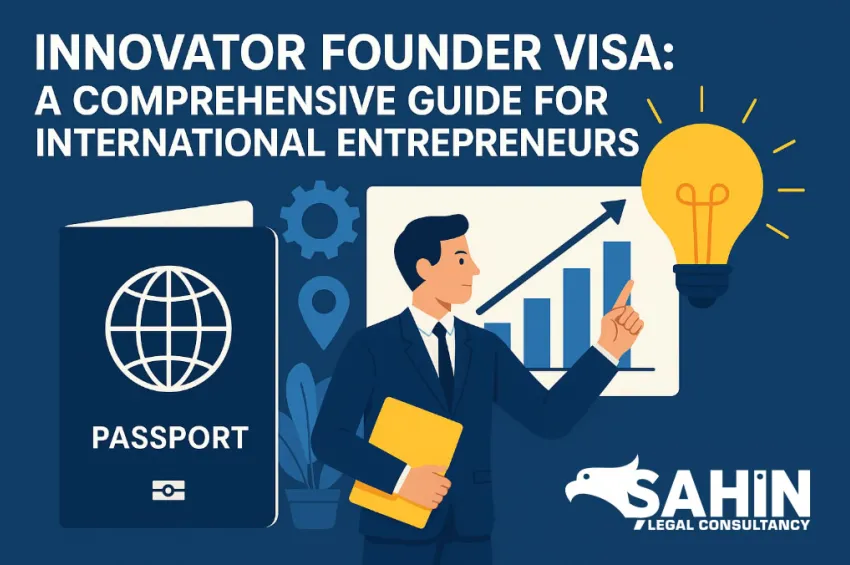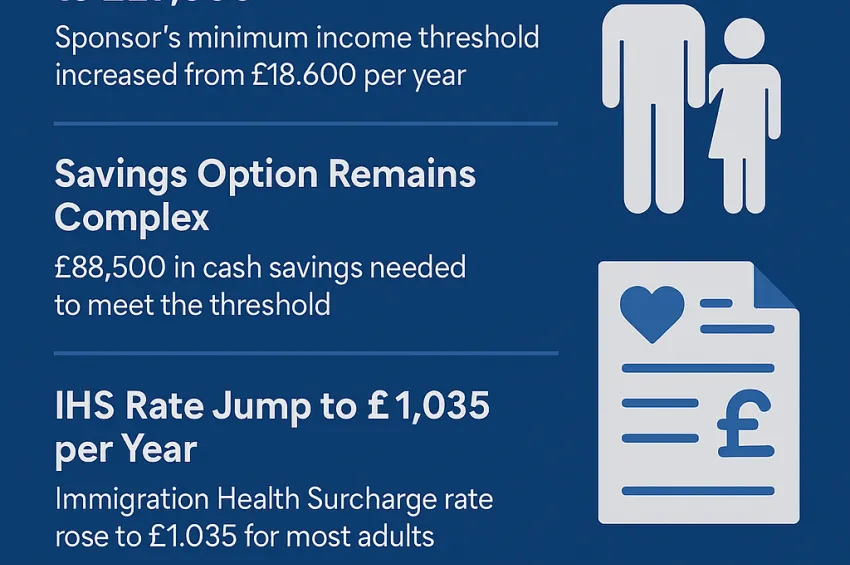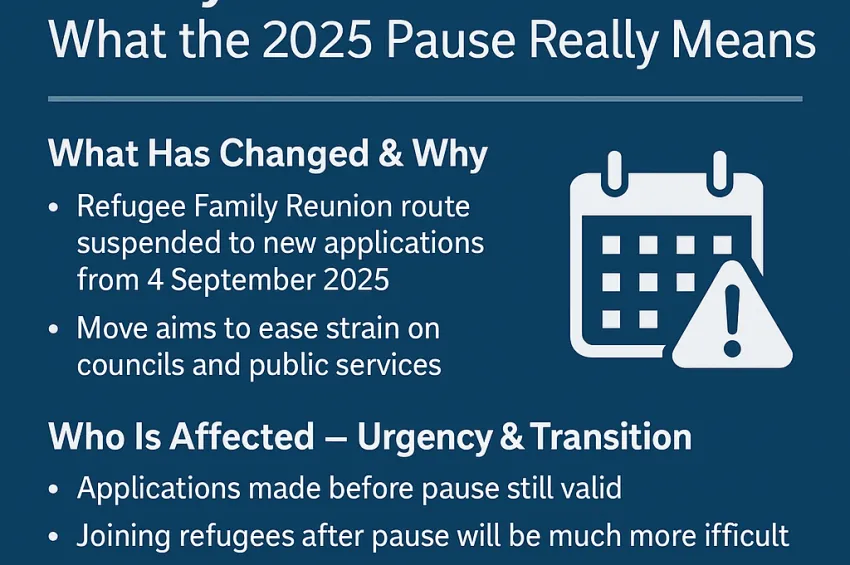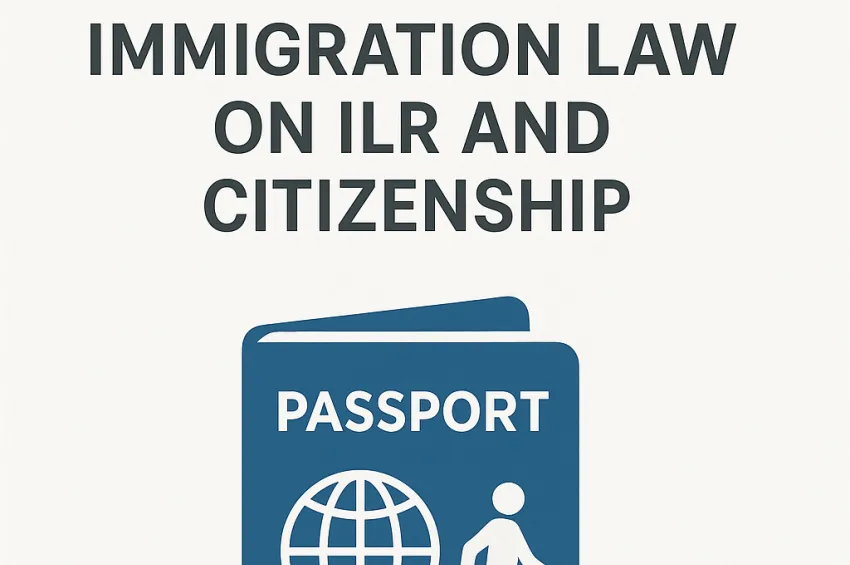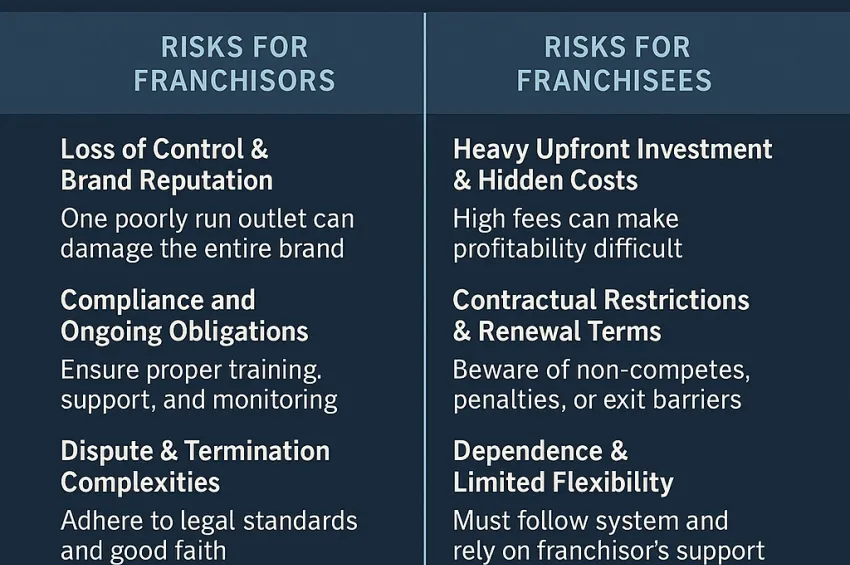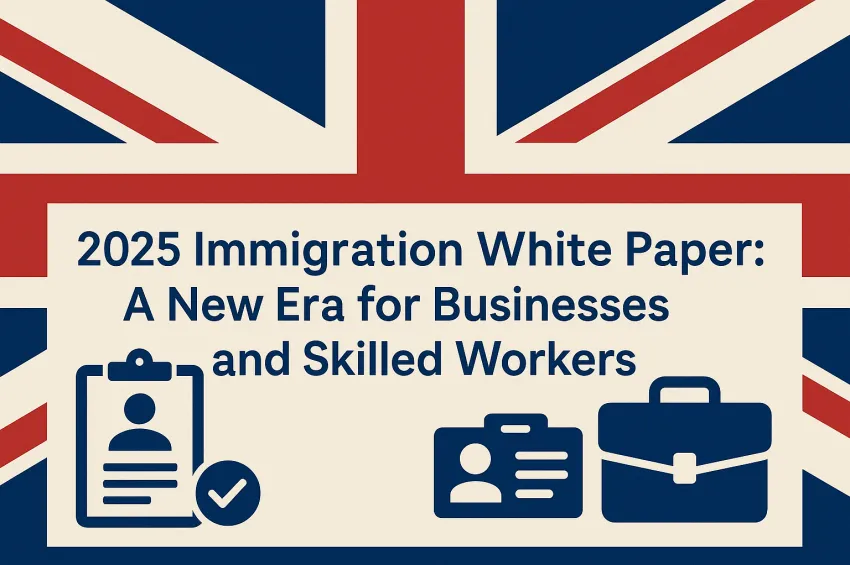
The UK Government has published its long-awaited 2025 Immigration White Paper, setting out sweeping changes that will transform how businesses hire overseas talent and how skilled workers apply to live and work in the UK.
For employers and applicants alike, understanding these reforms is essential. Below, we break down the key changes and what they mean in practice.
1. New Skill Thresholds
-
From early 2026, the skill requirement for the Skilled Worker visa will rise from RQF Level 3 (A-level equivalent) to RQF Level 6 (graduate level).
-
This means many mid-skilled roles, which were previously eligible for sponsorship, will no longer qualify.
Impact: Employers in healthcare, logistics, and hospitality—sectors heavily reliant on mid-skilled roles—will be particularly affected. Businesses will need to reassess their recruitment pipelines now to prepare for future shortages.
2. Salary Threshold Increases
-
The minimum salary requirement for Skilled Worker visas is expected to increase significantly.
-
While final figures will be confirmed in secondary legislation, early indicators suggest a rise from the current £26,200 baseline to above £30,000.
Impact: Small and medium-sized enterprises (SMEs) may struggle to compete with larger firms on salaries, reducing their ability to attract international talent.
3. Temporary Shortage List (TSL)
-
To cushion the transition, the Government is introducing a Temporary Shortage List until 2026.
-
Some roles below RQF Level 6 will remain eligible for sponsorship, but only for a limited time.
Impact: Employers should act quickly to recruit under these provisions before they are withdrawn.
4. English Language & Integration Rules
-
The White Paper also promises stricter English language requirements for both Skilled Worker and Family routes.
-
Applicants may need to meet higher scores in approved tests or demonstrate stronger evidence of integration.
Impact: Businesses should expect longer onboarding timelines as employees prepare for language testing. Applicants themselves should start preparing early to avoid delays.
5. Health & Social Care
While most mid-skilled jobs are being excluded, the Government has promised continued support for the health and social care sector, where shortages remain acute. However, future reviews may tighten this route if domestic recruitment improves.
6. Compliance & Sponsorship
-
The White Paper highlights tougher measures on employer compliance.
-
Sponsoring companies will face stricter audits, with potential suspension of sponsor licences for breaches.
Impact: Businesses should review their HR systems and record-keeping to ensure full compliance with UKVI expectations.
What Should Employers Do Now?
-
Review Workforce Planning – Identify roles that will no longer qualify under the new RQF 6 threshold.
-
Act Before 2026 – Use the Temporary Shortage List to recruit while it’s still available.
-
Budget for Higher Salaries – Factor in the likely increase to minimum thresholds.
-
Ensure Compliance – Strengthen HR systems to withstand tougher UKVI audits.
-
Seek Professional Advice – Immigration rules are changing fast—getting expert legal guidance can help businesses avoid costly mistakes.
What Skilled Workers Should Do Now?
-
If you are in the UK on a Skilled Worker visa in an eligible mid-skilled role, consider extending or applying before 2026.
-
Begin preparing for higher English language requirements now.
-
Speak to a solicitor about long-term settlement options (ILR) to secure your future in the UK.
Final Thoughts
The 2025 Immigration White Paper represents the most significant shift in UK immigration policy since Brexit. For businesses, it increases costs and narrows eligible roles. For workers, it raises the bar for entry and settlement.
While the changes may feel daunting, with the right preparation and professional advice, both employers and applicants can navigate this new landscape successfully.
At Sahin Legal Consultancy, we are already advising clients on how to prepare for these reforms. If you are a business seeking to secure your workforce or an individual exploring your visa options, contact us today for expert, tailored advice.


